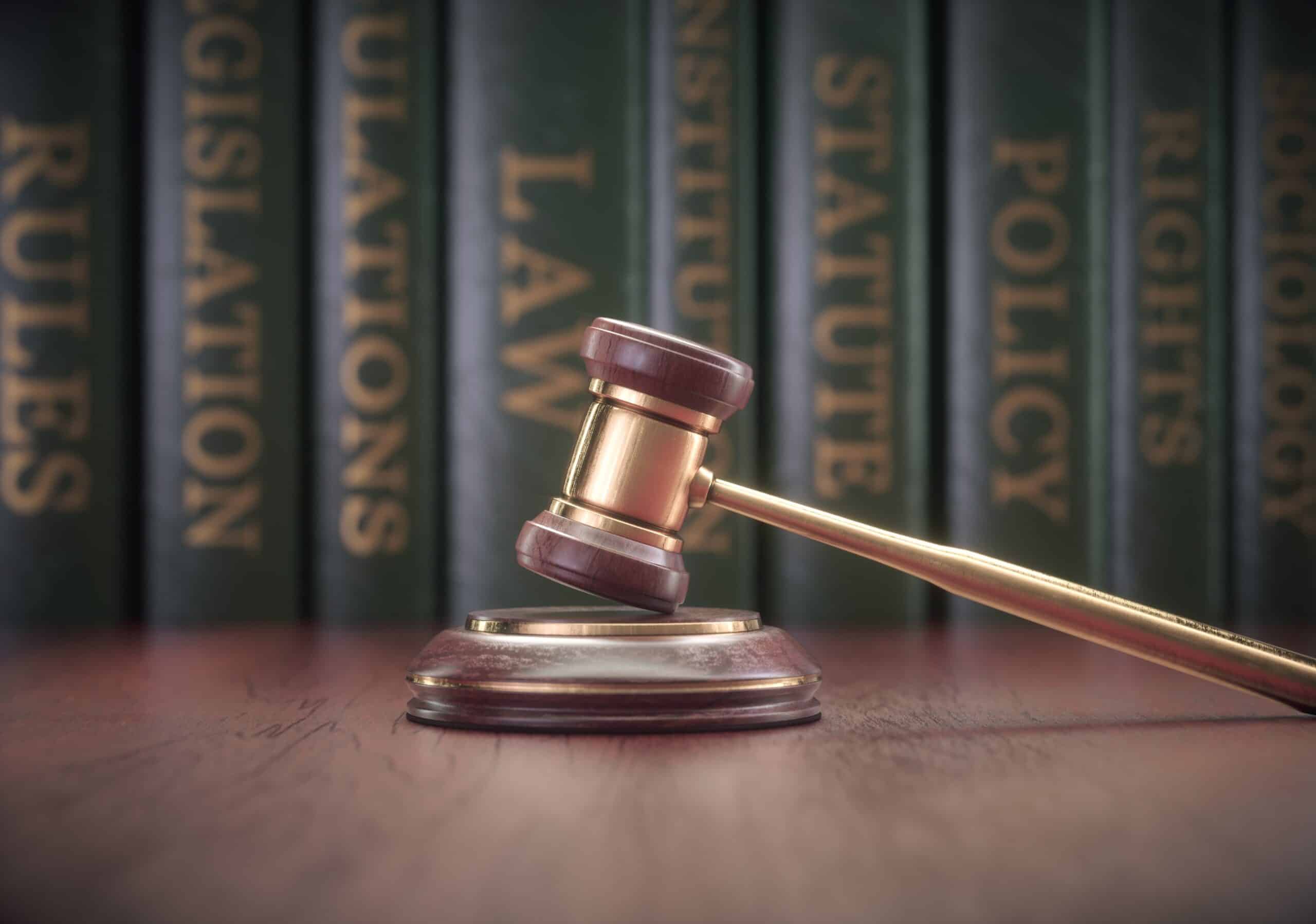WWhat is the statute of limitations on a physical assault by a family member in…
My Perspective on the Statute of Limitations: Is It Fair? – Guest Post

In my experience, the statute of limitations has been a significant factor in many situations. The statute of limitations establishes a deadline for people to file claims following an incident.
While the statute of limitations serves as an essential tool for maintaining fairness and order in our legal system, there are times when it can also be seen as unfair and unjust.
In the eyes of personal injury attorneys, it can be a double-edged sword that affects both plaintiffs and defendants.
Today, I will share my perspective on the statute of limitations and whether or not it is fair.
The Purpose of the Statute of Limitations
Before diving into my thoughts on the statute of limitations, it is essential to understand its purpose.
The primary reason for this legal concept is to ensure that cases are resolved promptly. Imposing a deadline motivates people to file the appropriate legal claims as soon as possible.
It also protects defendants from potentially old and unreliable claims being brought against them. As time passes, evidence may be lost or destroyed, making it difficult for defendants to defend themselves against such claims.
The Unfair Impact on Plaintiffs
I have seen the statute of limitations work against plaintiffs who have legitimate claims. In certain situations, victims may not be aware of their legal rights or may not have the financial means to seek legal advice immediately. This can result in them missing out on the opportunity to file a claim within the prescribed time limit.
Moreover, in cases where the injury or incident hasn’t been apparent for some time, such as medical malpractice cases, plaintiffs are often left with no recourse due to the statute of limitations. This can be seen as unfair and unjust for those who have suffered from a negligent or wrongful act.
The Unfair Impact on Defendants
On the other hand, I have also seen that the statute of limitations unfairly impacts defendants. In some cases, plaintiffs may wait until the last minute to file a claim, leaving defendants with little time to prepare and defend themselves appropriately. This can result in rushed and potentially unjust court decisions.
Moreover, there are instances where evidence may surface after the statute of limitations has passed, leaving defendants unable to use it in their defense. It can be seen as unfair for defendants to be held accountable for something that may not have been their fault.

Takeaway!
The statute of limitations is a necessary part of our legal system, but it has drawbacks. There are instances where I have seen its positive and negative effects on plaintiffs and defendants. It is important to continue discussing and evaluating this concept to find a fair balance for all parties involved.
As always, individuals must seek legal advice as soon as possible when they believe they may have a case. Time is of the essence when it comes to the statute of limitations, and it is essential not to let it hinder your legal rights.

